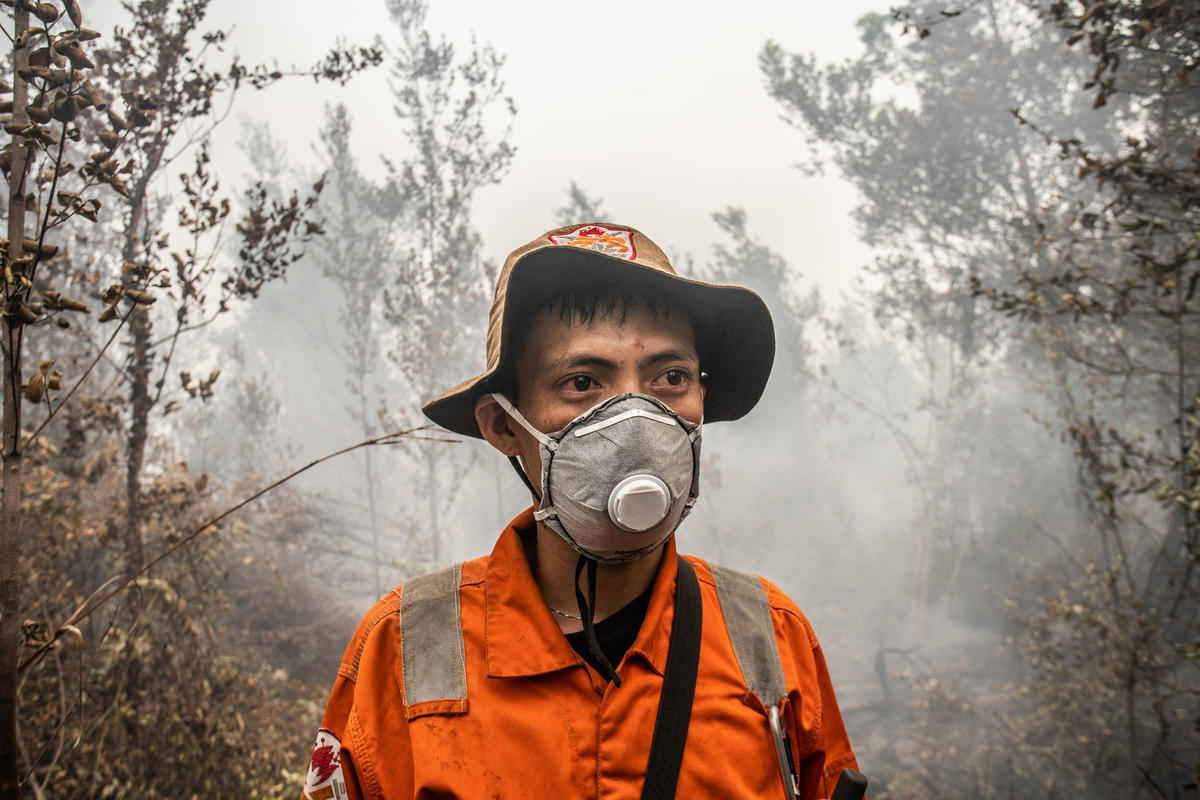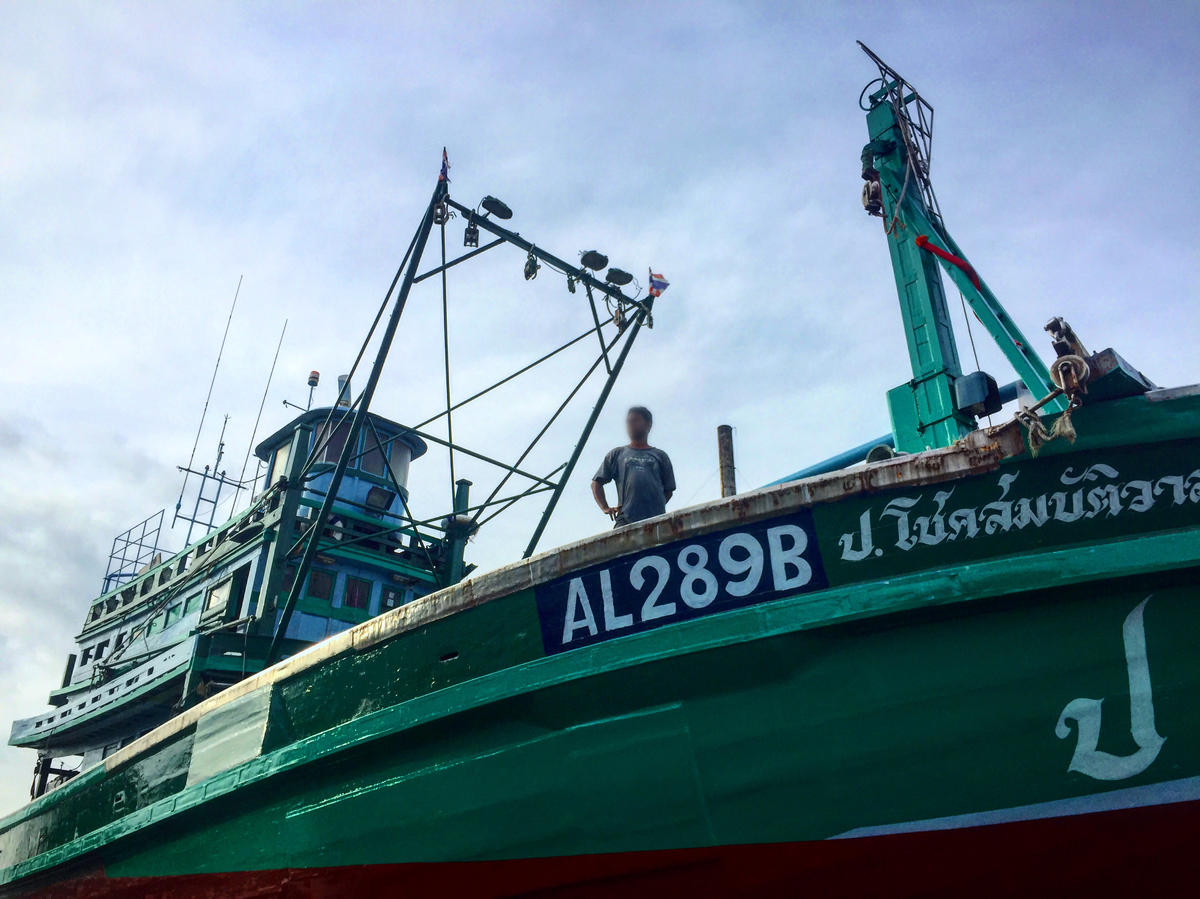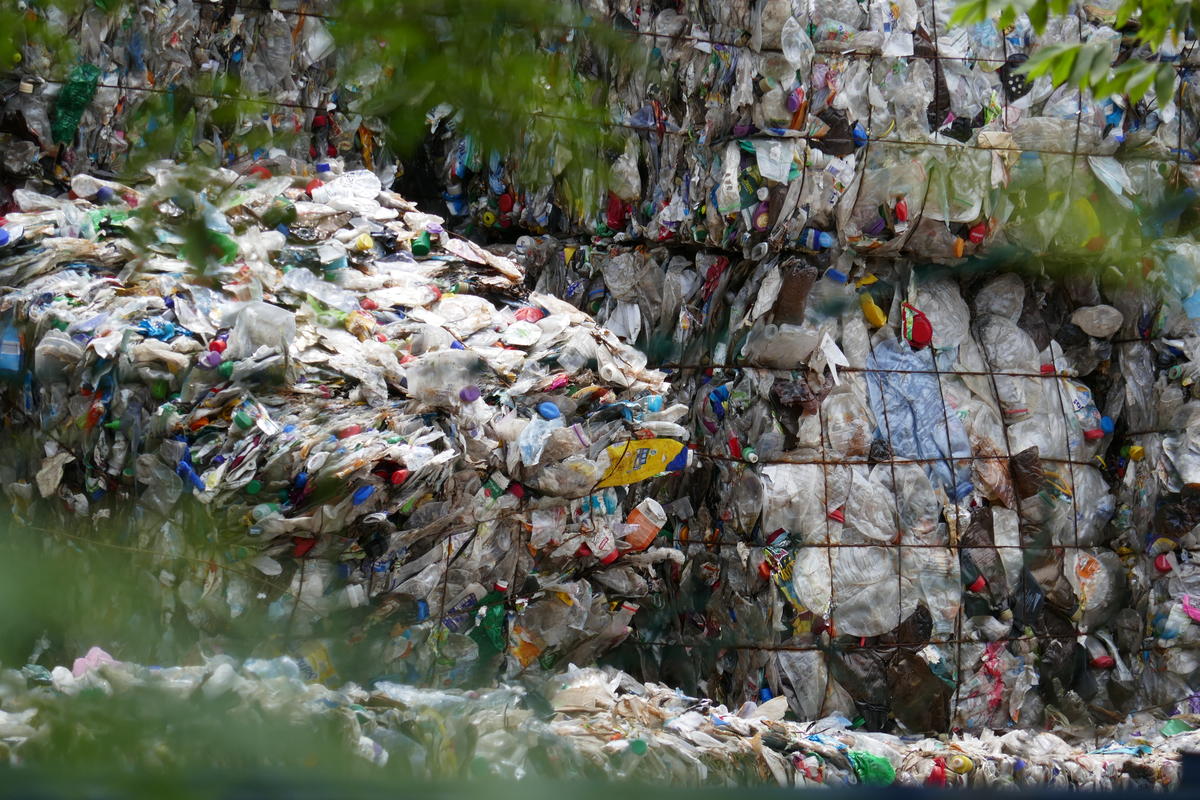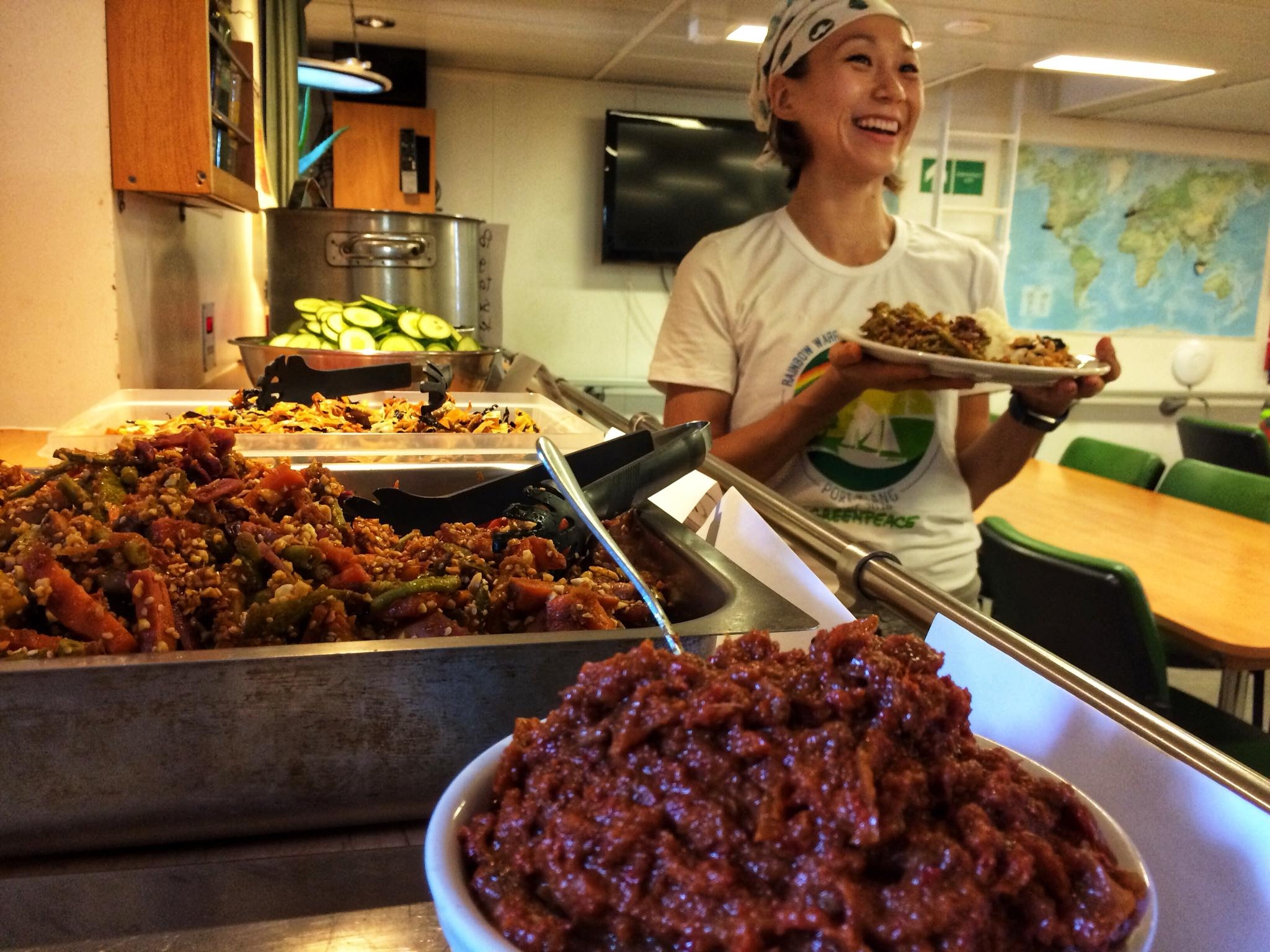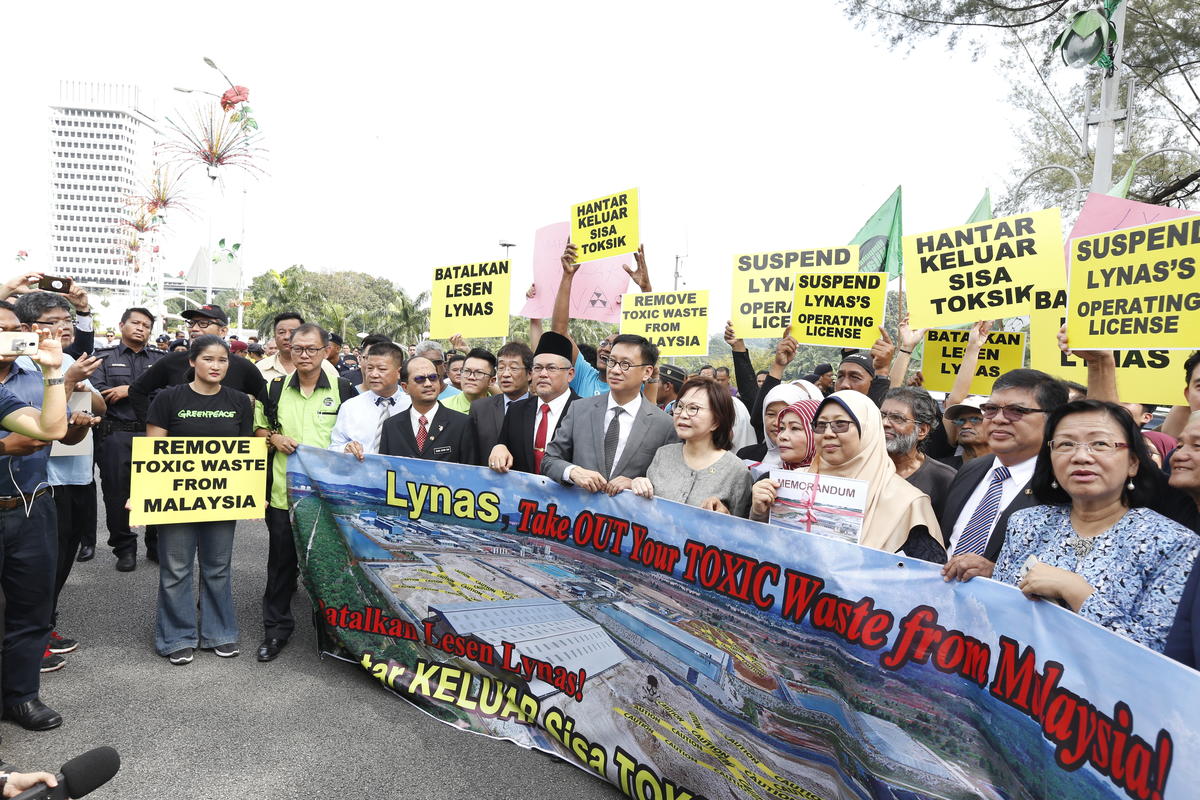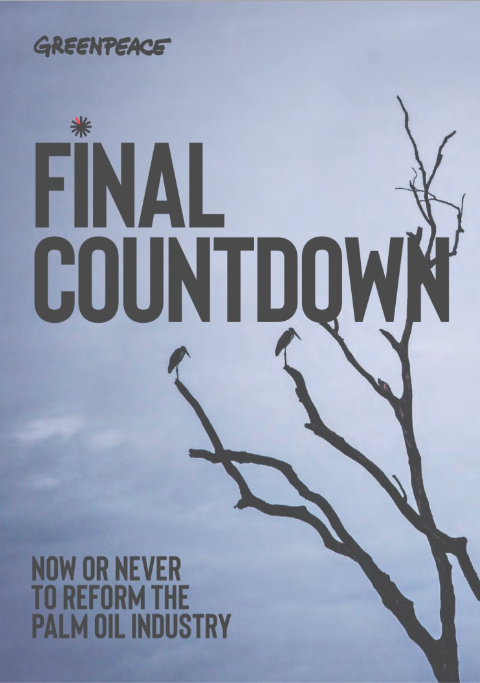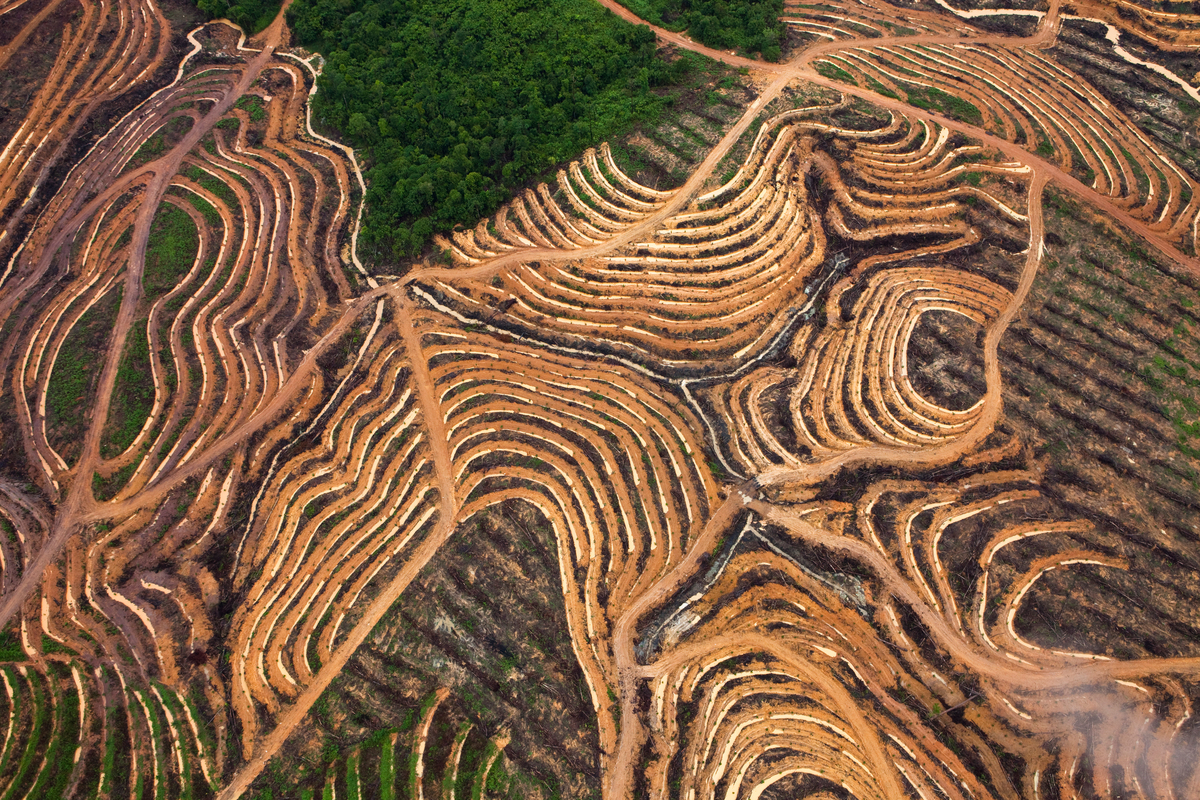-
The RSPO dodges responsibility for its members’ role in Indonesia’s fires crisis
In response to these new figures, the RSPO has repeated previous claims that RSPO concessions account for a much lower percentage of hotspots – just 0.4% – over a ‘snapshot’ period of 10–16 September.
-
We must put an end to modern-day slavery at sea
Every year, on the 23rd of August, the world remembers the slave trade and its abolition. It is a haunting reminder of humanity’s ugly past- of how millions of people…
-
Southeast Asia’s Struggle Against the Plastic Waste Trade
Malaysia, Philippines and Thailand are leading a growing push back against a deluge of unwanted and toxic shipments of waste from the developed world since China’s decision to ban imports.
-
Community Rights Advocates Challenge to ASEAN Leaders: End the Toxic Trade in Plastics and E-Waste
Malaysia, Philippines and Thailand unite to challenge ASEAN leaders to establish regional policies to immediately ban the flow of foreign plastic waste and e-waste entering the region, and regulate the production and consumption of single-use plastics.
-
DavinaDaVegan: A guest chef on Greenpeace’s iconic Rainbow Warrior ship
When I had a chat with Greenpeace Malaysia in early 2018 about a possible collaboration regarding the arrival of The Rainbow Warrior in Port Klang, My heart skipped a beat.
-
Looking back at our first campaign in Malaysia: Stopping Lynas’ radioactive threat
It was one of our first movements for Malaysia, and its relevance remains as important today as it was in 2014.
-
9 ways people like you fought single-use plastics this month
The equivalent of a truckload of plastic enters the ocean every single minute. Plastics never go away, they simply break apart into smaller and smaller pieces, killing marine life and…
-
The Final Countdown: Now or never to reform the palm oil industry
A Greenpeace investigation has exposed how the world’s biggest brands are still linked to rainforest destruction in Indonesia almost twice the size of Singapore in less than three years.
-
World’s biggest brands still linked to rainforest destruction in Indonesia
Greenpeace International assessed deforestation by 25 major palm oil producers and discovered shocking news on palm oil suppliers to the world’s largest brands, including Unilever, Nestlé, Colgate-Palmolive and Mondelez.
-
Peter Willcox: You cannot use violence to change people’s minds
“Hurting people may work in a war, but we are not in a war. We try to change people’s minds and you can’t use violence to change people’s minds.”

